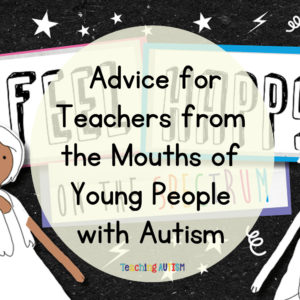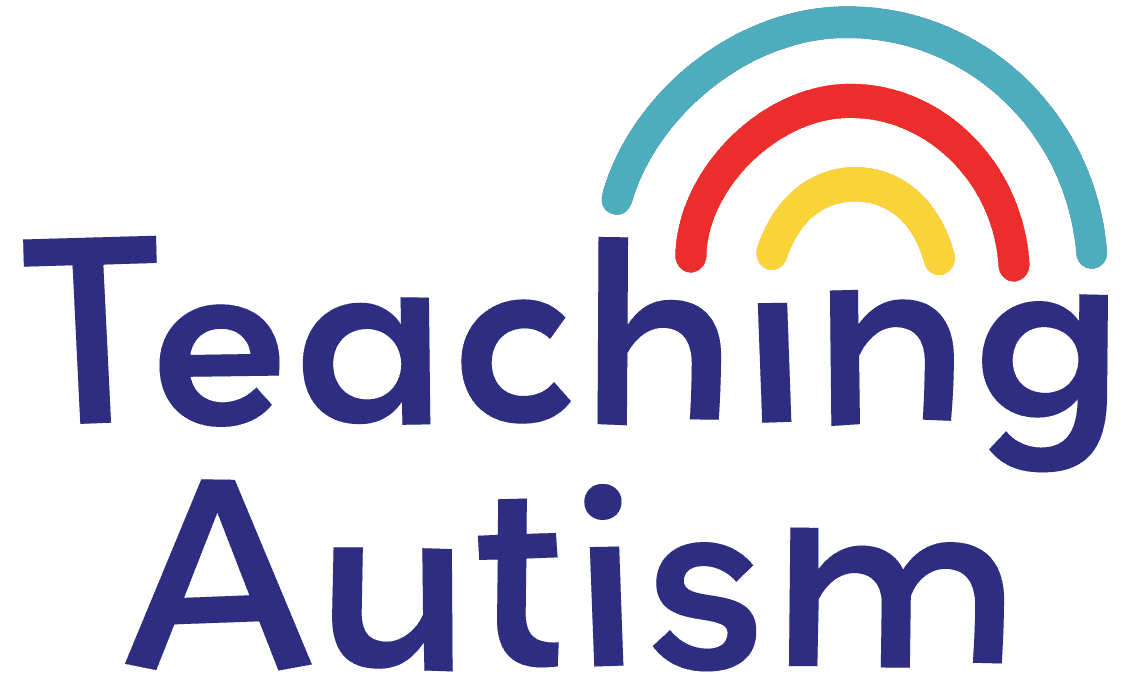Guest Blog: Advice for Teachers from the Mouths of Young People with Autism
In this guest post, Ashleigh Wilmot, Digital Journalist at Fixers, gives an insight into the personal experiences of young people with autism and shares some top tips on how best teachers can support them throughout their school life. Read on to find out more.

If teachers were better trained to recognise autism, kids could learn more – simple, you’d think?
However, labelling young people with autism as ‘naughty’ and ‘disruptive’ is isolating. It also negatively impacts their frame of mind when in the classroom.
School should be a safe environment for children to make lifelong memories and friends and experiment without judgement from others. With that said, unfortunately this often isn’t the case for people on the autistic spectrum, especially if they remain in mainstream education.
This was one of the keys findings in a ground-breaking report in to young people with autism. It was produced by the charity Fixers. They spoke to hundreds of young people across the country about their experiences living with autism. And they discussed different ways to ensure future generations are better understood and how to make education work for them, and not against them.
So what can teachers do to help? I’ve included quotes from the report which you can read here: https://bit.ly/2lRTqgj
-
Adapt The Space
“I needed emotional support to cope in the classroom. Didn’t fit neatly into any of the boxes. I was ‘too bright’ for special needs support but there was no other support available,” explained Ross.
The classroom is a very busy, often chaotic space for children. Young people with autism can find loud environments too noisy and cannot concentrate. Either make sure the student is in a small class, or organise support for them when you know a class is likely to be more overwhelming.
-
Make Your Own Judgement
“A lot of teachers have a hard time knowing how to identify and support pupils on the spectrum,” Matt added.
If you suspect something isn’t quite right, regardless of an official medical diagnosis, talk to someone about it. Autism can take a long time to diagnose with many people not knowing until after they leave school. Extra support along the way is a massive bonus. As of September ’18, there will be mandatory autism-specific teacher training (yes –progress!)
-
Maximise Potential and Nurture It
“Everybody’s an individual…there’s an overemphasis on the ‘genius’ autistic stereotype and the extreme ‘low functioning’ type. But nothing in between,” Ross added.
If an autistic pupil has a skill, or enjoys a certain activity, do your best to incorporate that in class. It will help them stay engaged and encourage their participation in class.
-
Patience
Ali admitted: “I got into trouble for not understanding instructions. To me they were vague instructions so I couldn’t understand them. But teachers thought I was being disruptive.
People with autism can be known to take things literally; they might ask a lot of questions to clarify something you think would otherwise be obvious. Being patient is a skill. But these students really need you to take time to ensure they fully understand what you’re asking of them. Give them your time.
-
Be Inclusive
“You get socially isolated at secondary school when you have autism,” Matt added.
Rather than ignore the autistic child in the corner of the classroom, educate your students and encourage a better overall understanding of the condition. These young people don’t want to feel like outcasts and be ignored by their peers. They want better PSHE classes and social activities to feel more accepted and included at school. They need you!
If you want to read more about the work Fixers has done with young people living on the autistic spectrum visit our dedicated microsite: www.fixers.org.uk/autismfix






